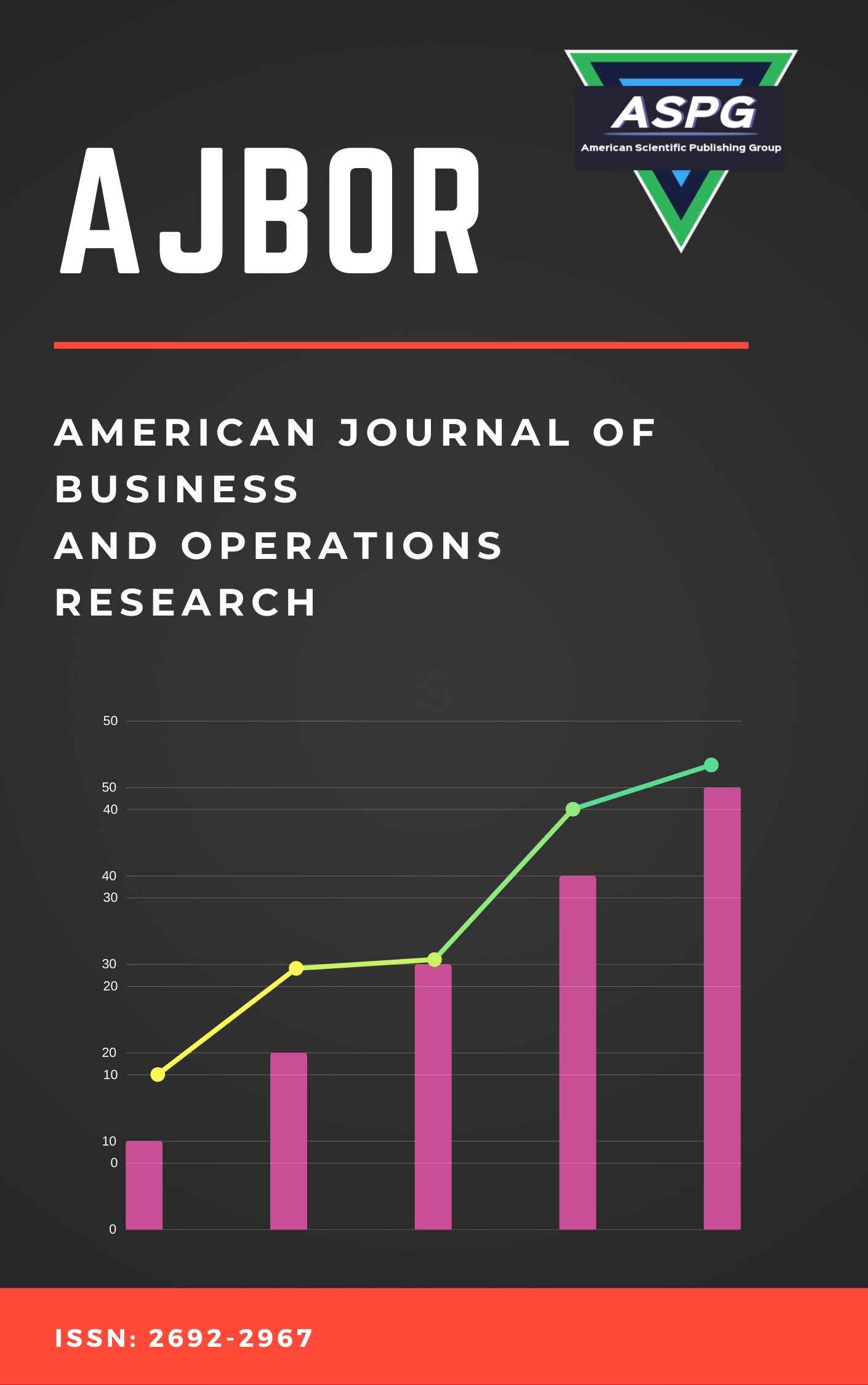

In recent years, the sharing economy has risen rapidly, infiltrating into many fields such as travel, accommodation, medical care, and finance, and has injected new development momentum into these industries. In the shared economy, the sharing of resources not only promotes the flow of social wealth, but also enables idle items to continue to use value and improve resource utilization. The rapid development of the sharing economy brings many benefits, but at the same time, some traditional business models are dying. In China, there is no relevant policy to integrate the economic business model into the scope of tax collection and management. This phenomenon has caused China's tax source. Loss. In response to this problem, this paper studies the taxation of the shared economic business model. Using big data analysis technology as a basic tool, through the analysis of domestic shared economic data, the research on the shared economic business model was completed. Based on the analysis of the status quo of the taxation system of the shared economic business model, the suggestions for perfecting the taxation system of the shared economic business model in China are given, so that the tax collection and management system such as the tax collection concept and the collection and management system can be better adapted. Sharing new requirements for economic development.
Read MoreDoi: https://doi.org/10.54216/AJBOR.040101
Vol. 4 Issue. 1 PP. 08-22, (2021)
There are considerable arguments in favour of and against the positive relationship between free cash flows (FCF) and financial flexibility. The aim of the study is to determine the impact of free cash flows on the financial flexibility of the banks listed in the Colombo Stock Exchange (CSE). The free cash flow will measure according to the model in Journal of Finance: Agency costs and ownership structure in 2000 and financial flexibility will determine using the financial leverage based on the model captured according to the Accounting Horizons Journal: Financial flexibility and investment decisions in 2007 . The population of the study is the banks listed in the CSE. The sample consists of 60 observations covering 12 banks for a period of over 05 years from 2015 to 2019. The panel regression model has been used to test hypotheses. The results indicate that there is a positive significant relationship between free cash flows and the financial flexibility of the banks listed in CSE.
Read MoreDoi: https://doi.org/10.54216/AJBOR.040102
Vol. 4 Issue. 1 PP. 23-27, (2021)
In banking sectors, telemarketing is the major support of selling the products or services. Banking advertisement and marketing are mainly depending upon the comprehensive knowledge of objective data regarding the market and the actual client requirements for the bank gainful way. Decision Support Systems (DSS) play a vital part in telemarketing sector, which determines a specific class of automized facts to assist the company to make decisions. Machine learning (ML) is commonly used in the DSS which integrates the data and computer application for precise prediction of results. This paper presents an effective parameter tuned ML based DSS (PTML-DSS) for bank telemarketing sector. The proposed PTML-DSS technique follows a three-level process namely preprocessing, classification, and parameter optimization. Initially, the marketing data is preprocessed to get rid of unwanted information. In addition, gradient boosting decision tree (GBDT) based classifier model is used to classify the data. Besides, firefly algorithm (FFA) is applied for tuning the parameters involved in the GBDT model. In order to verify the improved performance of the PTML-DSS technique, a series of simulations were performed, and the results are inspected under varying aspects. The resultant values reported the improved performance of the PTML-DSS technique over the other techniques.
Read MoreDoi: https://doi.org/10.54216/AJBOR.040103
Vol. 4 Issue. 1 PP. 28-38, (2021)
Retail supply chains generate huge volumes of data that can provide valuable insights if analyzed effectively. This paper explores how retailers can leverage Big Data analytics techniques on supply chain data to gain enhanced visibility into their operations. We examine three use cases of data-driven supply chain visibility: (1) predictive replenishment to anticipate future demand and optimize inventory levels; (2) personalized assortment optimization to tailor product selections for local customer segments; and (3) optimized order fulfillment to improve delivery times and reduce transportation costs. We analyze how retailers can apply machine learning algorithms and statistical analysis on point-of-sale data, inventory data, customer data and external data sources to uncover hidden patterns and drive data-driven decisions in these areas. The results include reduced excess inventory, fewer stock-outs, higher in-store product availability, lower fulfillment costs and improved customer experience. Data-driven supply chain visibility allows retailers to transition from a reactive, speculative business model to a predictive, personalized model that enhances competitiveness.
Read MoreDoi: https://doi.org/10.54216/AJBOR.040104
Vol. 4 Issue. 1 PP. 39-46, (2021)